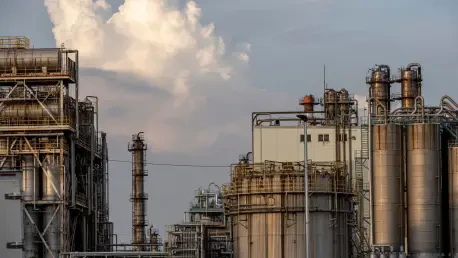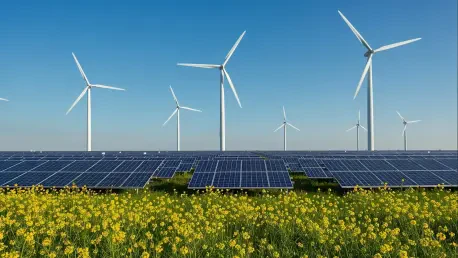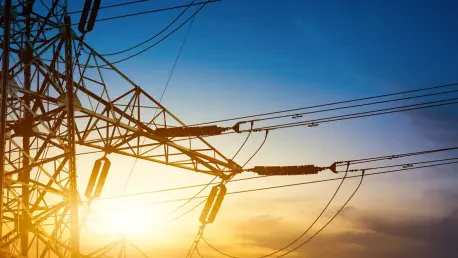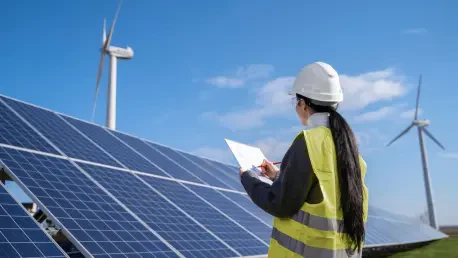
In a major move set to redefine the U.S. energy market, NRG Energy and LS Power have jointly petitioned the Federal Energy Regulatory Commission (FERC) for approval of a substantial $12 billion transaction. At the heart of this deal lies NRG Energy's strategic acquisition of extensive gas-fired

Navigating the complexities of escalating energy demands while adhering to clean energy goals has become a pressing challenge for utilities. This struggle is marked by unprecedented large load requests, prompting utilities to devise innovative approaches to tariff structures. At the forefront is

The energy sector is undergoing a transformative shift driven by the increasing need for sustainability, efficiency, and transaction transparency. Blockchain technology has emerged as a powerful tool in this transformation, offering decentralized and reliable solutions for managing energy systems.

In today's fast-paced digital world, the demand for electricity in America is skyrocketing after a period of stagnation, driven by the increasing presence of artificial intelligence and energy-hungry data centers. Christopher Hailstone, a respected authority in energy management, renewable

Christopher Hailstone is highly regarded in the renewable energy sector, particularly for his expertise in energy management and electricity delivery. His insights are indispensable for understanding grid reliability and security. In this interview, we explore the current state of clean energy in

Is it possible for energy regulations to keep pace with the mounting demand for power in our modern world? The Midcontinent Independent System Operator (MISO) appears to be rising to this challenge with its revised fast-track proposal aimed at expediting power generation across regions. This